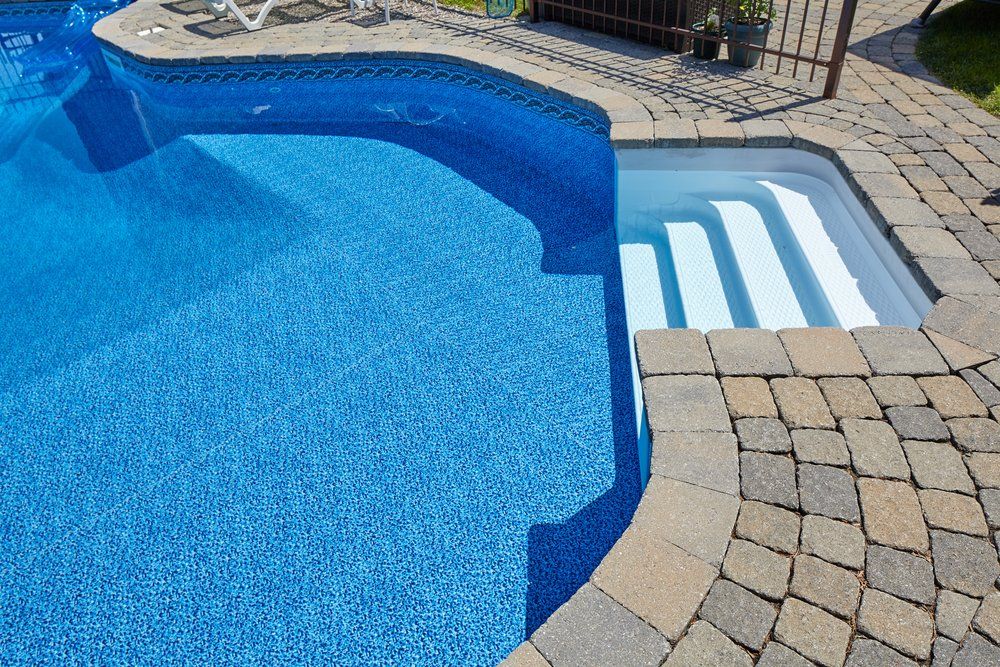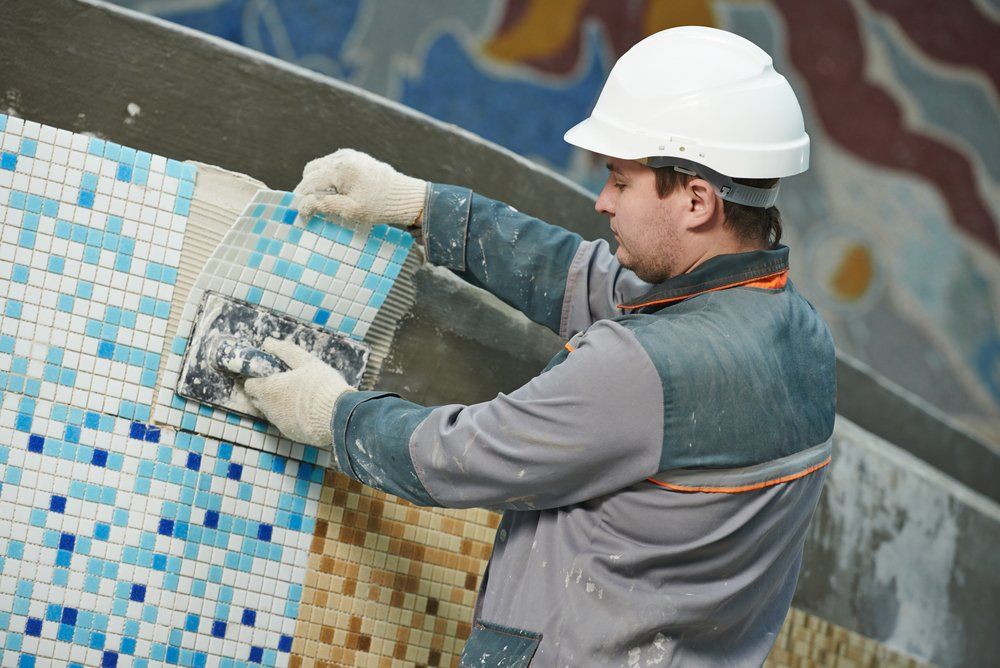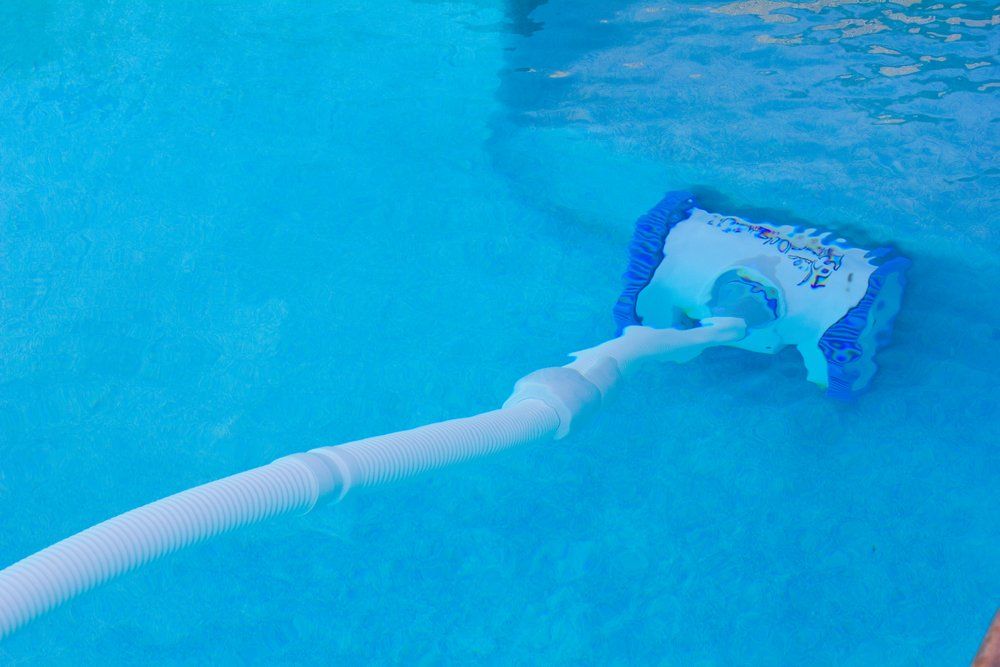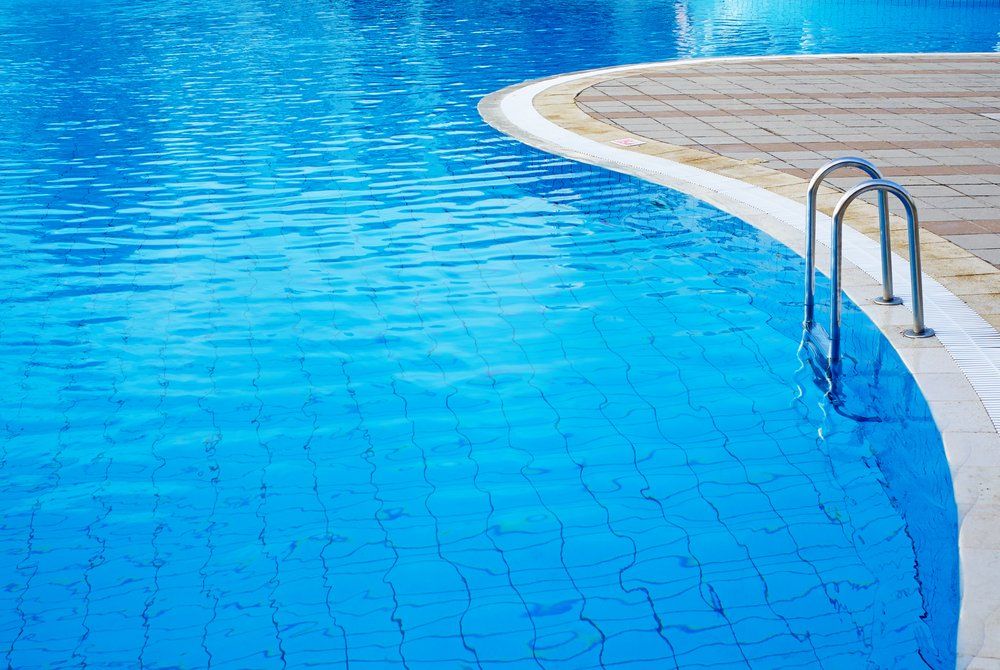Salt Water Pool Maintenance Tips In Sioux Falls
If you're considering a salt water pool, you may be wondering how to maintain it. The good news is that it's not as difficult as you think. Here are some tips for keeping your salt water pool healthy year-round. You don't need to be a professional to maintain this type of pool, but you will need to know a few things. Before you do anything, it's important to read the instructions provided with your salt chlorine generator.

Problems with salt water pool maintenance
Among the common problems associated with salt water pool maintenance is cloudiness. If the levels of chemicals aren't balanced correctly, the water will become cloudy. This will encourage the growth of algae and contaminates. The primary causes of cloudiness are chlorine, total alkalinity, and cyanuric acid. If you're not sure what causes your saltwater pool to appear cloudy, check the user guide for your saltwater pool for tips on how to correct the problem.
One of the most common problems with saltwater pools is that the salt levels can fluctuate. Saltwater pools produce chlorine through an electrolytic cell.
However, the salt levels can cause the water to get over-chlorinated. Regular testing of pH levels is necessary to ensure that the pool remains safe. In addition, salt water pools require periodic emptying and regular winter drawdown. And even though salt water pools are cleaner, they aren't completely pollution-free.
Salt levels in salt water pools are not as high as in traditional chlorinated pools. Too much salt can cause problems with your generator. A salt level that's too low could lead to unsanitary conditions, such as pool algae. So, check your salt levels frequently and treat them immediately. However, salt can also damage some materials. Hence, it's a good idea to check your pool water salinity twice a season.
Fortunately, maintaining a salt water pool is not as difficult as you might think. Modern testing equipment and chlorine generators can help you to monitor the chemistry of your pool without much trouble. It's important to know that the salt cells need cleaning more often than the regular pools because salt water can damage your pool equipment and cause corrosion. Generally, the lifespan of salt cells is four to six years. But you can increase the life of your salt cells by doing routine cleaning and proper chemistry maintenance.
Another common problem is over-salting the pool. You can't clear an over-salted pool simply by adding more salt. Adding more salt won't cure the problem. You can't add more salt to an over-salted pool because it's already too salty. But you can't just add more salt and hope it'll clear up. Besides, salt is expensive, and you need to check the pH level regularly to avoid a build-up of bacteria in the water.
Easy to maintain
A salt water pool is not difficult to maintain. Apart from basic upkeep duties, salt pools require fewer chemicals and less time than traditional chlorine pools. But this doesn't mean you can skip the maintenance of your salt pool. Here are some tips to help you care for your pool properly. After reading the following tips, you'll have an easy time keeping your salt water pool sparkling. After all, it is your precious time so don't waste it on unneeded maintenance.
If you notice that your salt water pool is losing salinity, it's time to clean the salt cells. The cell can lose its performance if it has built-up mineral scale and debris. If you can, clean the cells using a hose every couple of weeks to keep them operating at optimal levels. Salt cells have a four to six year lifespan, but a regular cleaning and proper chemistry maintenance will help extend their lifespan.
You don't need to add chemicals to your salt water pool. The amount of salt in the water should be kept within the manufacturer's recommended range (2700-4500 ppm). You can raise or lower the salt level by adding more salt as needed. You must also make sure that the cell in the saltwater pool is working properly. Otherwise, metals can damage your saltwater pool. This is the reason why salt water pools are so easy to maintain.
Chlorine-based pools are cheaper than saltwater ones, but they require more maintenance. Saltwater pools have a higher initial cost, but they are easier to maintain. The only disadvantage of chlorine-based pools is that you'll need to buy replacement cells every time you run out of chlorine. It's also very easy to neglect the maintenance of a saltwater pool. In fact, high levels of chlorine can destroy the components of the pool.
In addition to the pH level, you should also check the alkalinity of the water in your pool. Low alkalinity can lead to corrosion and staining, while too much will result in cloudy water and a greenish colour. If you're having problems with your pool's alkalinity, you may need to add a little muriatic acid to the water. Remember that this procedure should be done carefully and in increments of two or three days.
Time-consuming
Salt water pool maintenance is simple, but it is important that you do it regularly. You should perform certain tasks daily, weekly, or monthly. These tasks will save you time and energy. The most common tasks are vacuuming the pool, checking the water levels, and cleaning the skimmer basket. These tasks take five to ten minutes each day, and the more frequent you do them, the easier they will become. Here are some tips for salt water pool maintenance.
If you don't want to spend a lot of time on cleaning your salt water pool, you can purchase a self-cleaning system. This self-cleaning feature reversing the polarity of the salt cells removes the scale and debris. Once the water is clean, you can add fresh water and balance other chemicals. In addition to cleaning, salt water pool maintenance also requires periodic testing of water levels.
Another major difference between chlorine and salt pools is the amount of time required for maintenance. While a chlorine pool requires the addition of chlorine tablets, saltwater pools do not require them. The chemical reaction between chlorine and saltwater keeps the water clear. This process also prevents bacteria from growing, which makes the water safer for swimming. Moreover, chlorine is a natural chemical in saltwater. Moreover, you don't need to worry about the high cost of chlorine tablets. Saltwater pools are also cheaper. A saltwater pool maintenance program can save you several hours each week.
The best salt water pool maintenance regimen is one that focuses on four main areas of care: sanitation, chemical treatment, and water chemistry. While chlorine will kill most bacteria in your salt water pool, you will need to make sure that your pool is free of all debris and bacteria. Furthermore, you should wash your hair and skin thoroughly before entering the water. And of course, if you are unwell, avoid swimming in the pool.
Saltwater pools can have excessive amounts of chlorine. Though the salt content in your salt water pool is less than the level you can detect through taste, it can cause skin irritation and burns. If you're worried about this, you can add a zinc anode to the pool's water. Besides the cost of the anode, saltwater pools are cheaper to operate than their freshwater counterparts. However, it's crucial that you carefully monitor your salt water pool's chemistry.
Cost
If you're thinking about investing in a new swimming pool, you might be wondering how much salt water pool maintenance costs. This is a question many people have, and the answer varies widely depending on how much chlorine you use. Chlorine, on the other hand, is more expensive than salt, and requires more regular additions. A 40-lb bag of salt will set you back less than $10. But there are some downsides to salt water pool maintenance that you should be aware of.
A salt water pool costs approximately $30,000 to build and maintain, and this includes the price of the salt system, the frame, the liner, and the sand filter. However, it will still cost you several hundred dollars a year for maintenance. Plus, you'll have to replace the salt cell every three to five years, which can add up to nearly $300. In addition, it costs an additional $50 to power the system, so you should be prepared to shell out more money to maintain your pool.
The cost of maintaining a regular chlorine pool is approximately $235. Salt water pools, on the other hand, can cost as little as $700 annually on chemicals. But the cost of salt cell replacement is about $700 a year, or around $370 every three to five years. Salt water pools require weekly testing and regular cleaning. Depending on how much your pool is used, the salt system can cost you as little as $80 or more per visit.
To keep your pool clean, you'll need to purchase devices that will make it easier for you to perform manual maintenance. These devices help you avoid clogging and build up of algae in the water. You'll also need to buy cleaning solution and other equipment. Electricity costs are another major expense, with most of the power being used by the pump and heater. If you live in a colder climate, you can expect to pay more than the norm. If you're looking for more information on how to determine the size of your pump, check out this link.
If you're not interested in hiring a swimming pool maintenance company, you can do it yourself. Depending on your budget and experience level, it may cost you between $50 and $100 per month. You'll also need to regularly clean the pool to remove salt solids that collect on the bottom of the pool. This cost can be reduced by closing your pool for the winter. A salt water pool requires less maintenance, which makes it the perfect choice for many people.
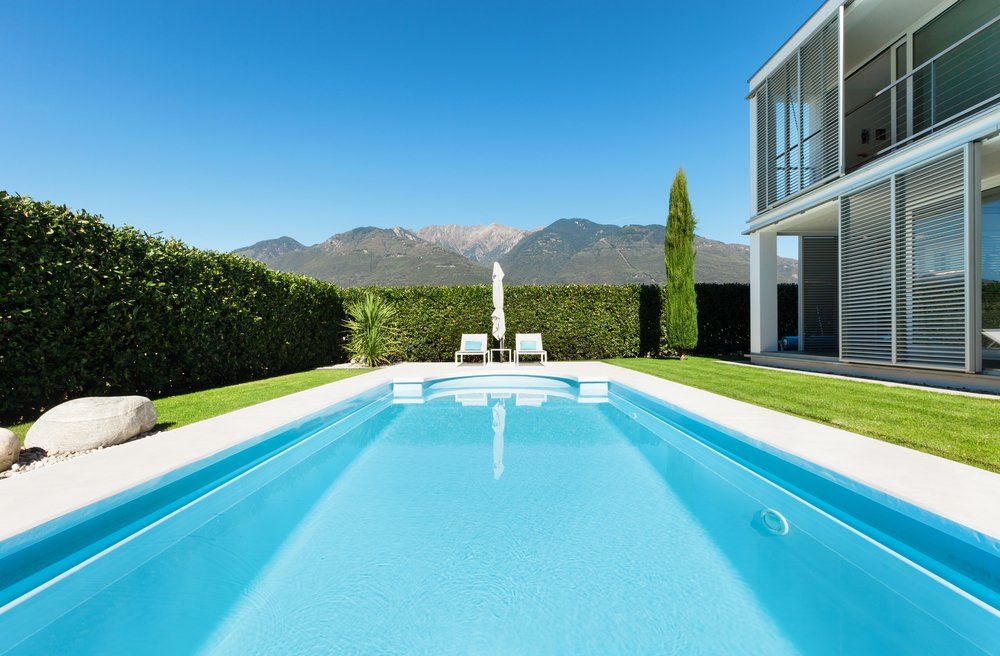
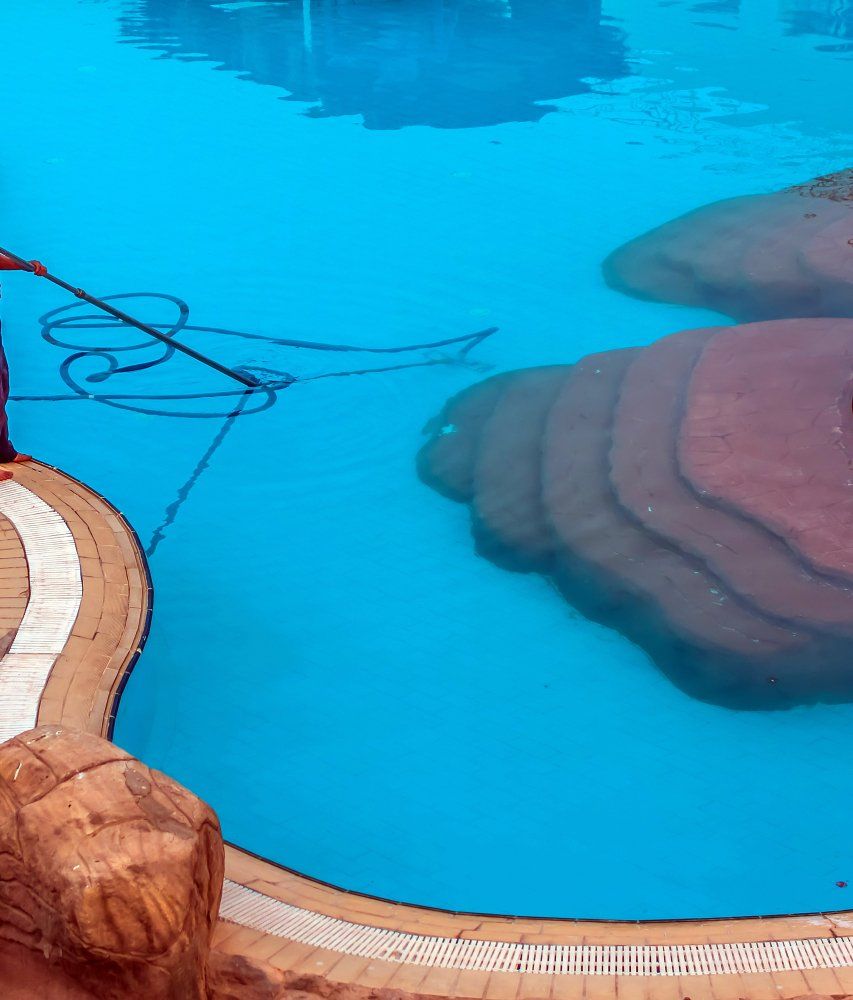
Glendale Pool Services

